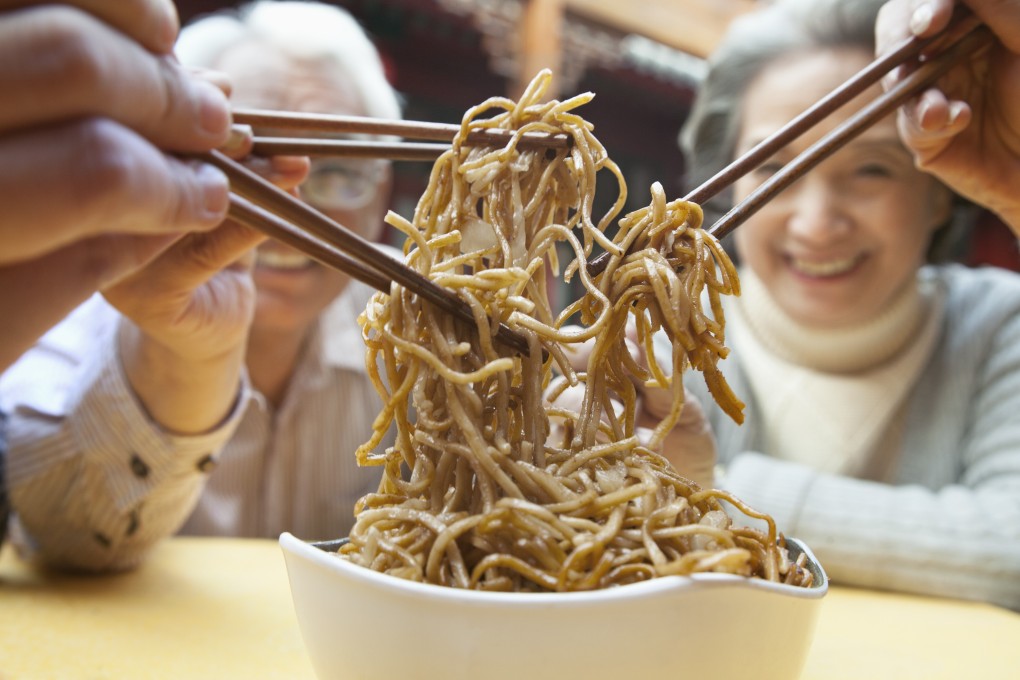As Covid-19 changes chopstick habits, China’s diners ponder how to keep family love and intimacy alive
- Adding chopsticks to the table for the sole purpose of serving is seen by many as interrupting Chinese family values
- Fear of disease, the need to reassure customers and new local laws mean restaurants may be forced to change how they set the table

For 40 years, Linda He and her family had served themselves from a single communal dish, picking up food with the same chopsticks they used to eat their meal as part of a long dining tradition in Chinese communities.
But that changed last month when she started something of a dining table revolution: she added a second pair of chopsticks – just for serving.
“Sharing food has been a tradition, but I have always thought we should abandon it because it helps spread diseases,” said He, who lives with her parents and child in Shanghai.
Sharing food with chopsticks is often regarded as a way to convey affection. But the spread of Covid-19, which has infected more than 83,000 people and killed over 4,600 in China, has convinced families like He’s to take precautions.